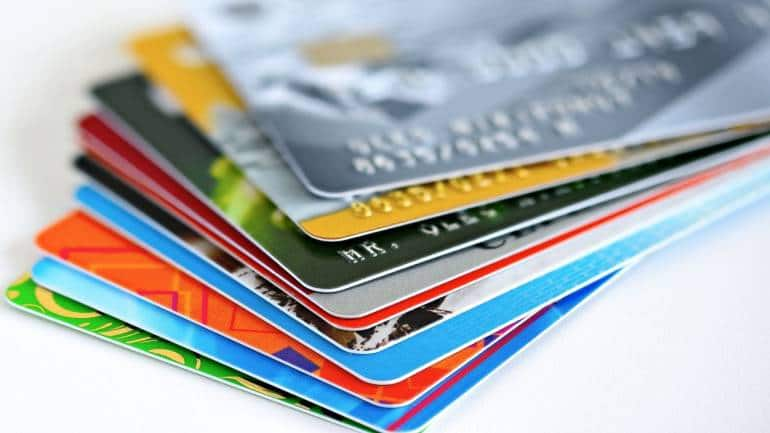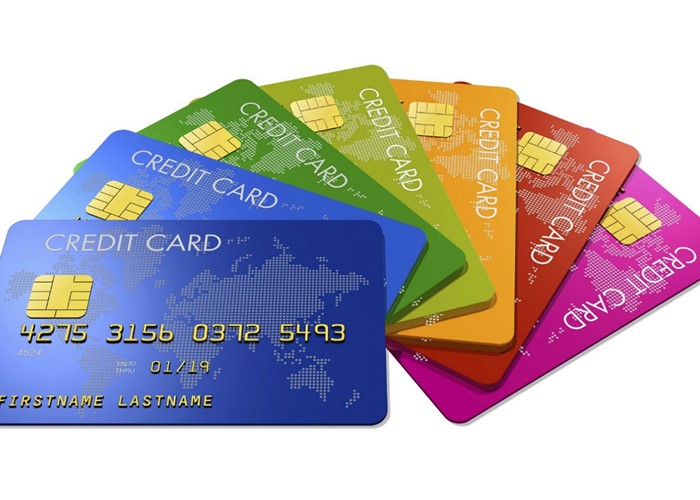How to Pick the Best Credit Card for You: What You Need To Know
Feb 03, 2024 By Triston Martin
It takes both science and art to choose the best credit card. No credit card is superior to all others in all situations or for all consumers. But picking the finest card to carry in your wallet can be complicated. Before you apply, you should consider several things. APR, or annual percentage rate, is the interest a credit card company charges you, expressed as a yearly rate. If you don't carry a balance on the card, the APR may not matter as much as you think. The best card for your spending patterns and credit situation can be found, though, if you know your options and ask the right questions. Here how to pick the best credit card for you.
Investigate Your Credit Report

Obtaining a copy of your credit report from Equifax, TransUnion, or Experian is the first step in selecting the best credit card. Your credit score will greatly impact whether or not you get approved for a credit card when you apply. Make sure to read each report carefully. Find out if your credit is doing well, poorly, or otherwise. It's a good idea to look for and report problems as well. Credit mistakes can unfairly affect your credit scores because they do occur. You can dispute any mistakes you find with the credit bureaus.
Recognize Your Spending Patterns
The next step is to reflect on and assess your past spending patterns. Do you have a large family and have to spend much money on groceries each month? Do you frequently eat takeout or at restaurants? You can increase your ability to earn rewards in various spending categories with the correct credit card approach. There are credit cards, for instance, that give you more points when you spend in specific categories:
- Travel
- Dining
- Groceries
- Gas
- Entertainment
You can accumulate more points, miles, or cash back when you select a credit card that gives greater benefits for regular transactions. Let's use eating as an example and assume that you spend $1,000 per month on average on meals. With a 2% cash back card like the Citi® Double Cash, you may make up to $20 monthly.
Learn About The Various Card Types Available

You are prepared to begin sorting through credit card offers once you know your credit score and major expenditure areas. It would help if you now considered which credit card features appeal most and how you want to use your reward points. For instance, you might want to get a cobranded airline card or choose a card that offers flexibility in transfer partners, like the Chase Sapphire Preferred® Card, if you know exactly what trip you want to take and which airline you want to fly with. Consider the following popular credit card categories:
Credit Cards With Airline And Hotel Branding
Cobranded airline and hotel credit cards are the best options for customers devoted to a certain program. Still, more is needed to qualify for elite status. These cards provide advantages that can make your journeys a little more relaxing. You might expect free checked luggage, savings on in-flight purchases, and perhaps even advancement to elite status with airline cards. On the other hand, most hotel credit cards provide mid-tier status, with benefits like free breakfast, room upgrades, and more points for paid stays.
Bank Gift Cards
Bank rewards cards provide the greatest degree of redemption flexibility. These cards frequently provide sizable incentives for regular spending categories. These incentives are incredibly flexible because you can choose cash back or transferring points to airline and hotel transfers when redeeming points. In addition, you can benefit from priceless extras like annual trip credits and access to airport lounges if you choose a premium bank rewards card.
Credit Cards With Cash Back
Cash-back credit cards can be a suitable choice for those who prefer to keep things straight regarding credit card benefits. You won't ever have to worry about a card issuer depreciating your benefits, and there are no rewards programs to take care of. Additionally, monetary awards let you spend your money as you like.
Credit Cards With No Yearly Fees
No-annual-fee credit cards can be a fantastic choice for those who want to keep their out-of-pocket costs as low as possible while maximizing their benefits. A high-value credit card without an annual fee is the Chase Freedom Flex. You can optimize your earnings by taking advantage of the card's rotating 5% cash-back categories.
Learn The Fundamentals Of Credit Cards
It helps to learn the fundamental credit card terminology you'll encounter while looking for a credit card that checks off your requirements. You will be better able to compare offers from various card issuers and select your favorite if you are familiar with these phrases. If you pay off your entire bill balance by the due date for most credit cards, there won't be any interest due.
- Fees
- Minimum payments
- Benefits
- Rewards
- Greeting bonus
-
 Investment May 17, 2024
Investment May 17, 2024Understanding Stock Chart Patterns
Learn to identify crucial patterns in stock charts efficiently for financial insights and better decisions.
-
 Know-how May 16, 2024
Know-how May 16, 2024Unveiling Ancillary Benefits: Beyond the Basics of Employee Perks
Explore the impact of ancillary benefits on workplace culture, employee satisfaction, and retention, highlighting how companies can stand out in the job market.
-
 Investment Feb 04, 2024
Investment Feb 04, 2024Buy Mutual Funds Online
Online is the easiest method to invest directly into Mutual Fund schemes, and you can save commissions too. You can make an online investment through the fund's website, RTA's website, or an online fintech platform. Investing directly on a fund's website requires managing multiple log-ins.
-
 Banking Dec 29, 2023
Banking Dec 29, 2023Crucial Strategies in Accounting for Doubtful Accounts
Late payment consequences, Regular monitoring, Technology and automation, Financial stability.
